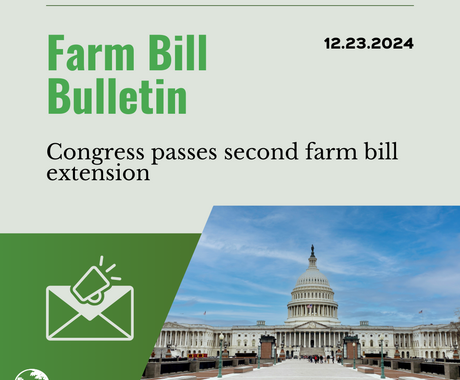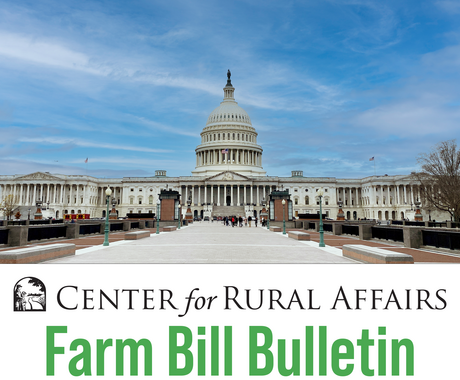Significant snow, wind, and brutally cold temperatures impacted Nebraska in January. Given the frequency of extreme weather events experienced across the U.S. during the past several years, preparing for emergencies is an important consideration for utilities and regulators. Extreme weather events have an outsized impact on the electric grid and show the necessity of protecting its integrity and resiliency.
Between Jan. 8 and 17, large portions of Nebraska spent more than 80 consecutive hours at temperatures below zero, much of that with wind chill at 35 to 40 degrees below zero. The wintry mix of freezing rain, sleet, and snow combined with strong winds created a crippling storm system, leading Gov. Jim Pillen to declare a state of emergency.
Power administrators across the state closely monitored service during the storm. Because power districts work cooperatively, a major failure in one area can affect an entire region. Javier Fernandez, chief financial officer for the Omaha Public Power District (OPPD), provided regular updates on the status of the power grid. At the utility’s Jan. 16 board meeting, Fernandez recognized the value of OPPD’s diverse power sources, observing that the utility had nearly 1,000 megawatts of wind generation online as other units relying on the river struggled.
Low levels on the Missouri River, combined with significant icing, took several natural gas and coal-fired generating units offline, creating a loss of power generation. Cold temperatures caused electrical system equipment to freeze. Fernandez said this event demonstrates the need for flexibility and diversity in a power generation portfolio. Though some electricity generation did fail, the grid was resilient due to diversification. Nebraska and surrounding states benefited from thousands of megawatts of wind production that helped keep the lights on. This event demonstrates that no one generation source can withstand all types of severe weather.
With robust resource planning and strategic investments, Nebraskans can continue working toward a more reliable and dependable electric grid.




